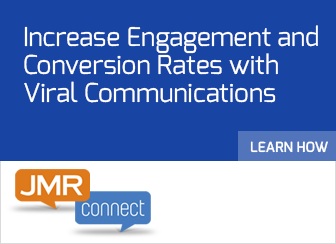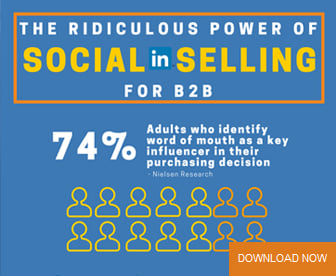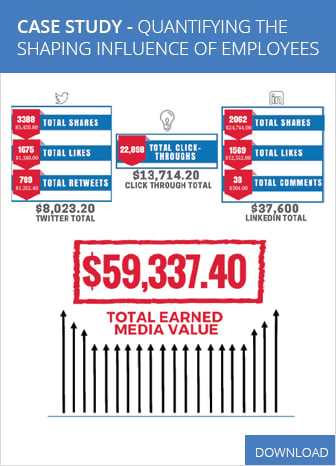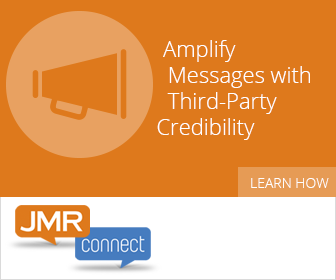FTC to Crack Down on Lack of Disclosure in Paid Social Media Influencing
In the world of social media, we know that certain people have more influence than others. Star Trek actor George Takei – barely still a household name a decade ago – has nearly 10 million followers on Facebook alone. Social media has created superstars of people who have even less claim to fame than Takei: people like Kendall Jenner, Gigi Hadid and Cara Delevingne, who aren’t famous for any particular reason outside of social media. In the social sphere, however, these people wield enormous influence.
Marketers have been quick to take advantage of this. Via platforms such as Instagram and Snapchat, some social media celebrities earn up to $300,000 per “sponsored” influencer post, according to UK newspaper the Independent.
“[These influencers] now form the new ‘It’ crowd with their cult followings, steering trends, setting agendas and often commanding thousands for posts apparently showing just a snippet of their day,” wrote the Independent’s Heather Saul.
The problem is that paid influence posts are not really well identified. Many social media influencers will provide some indication that it’s a paid post, but marketers have been under no obligation to do so. This may be about to change. According to a recent article by Sarah Frier and Matthew Townsend writing for Bloomberg, the increase in celebrities using their influence to sell brand messages on their personal accounts with little disclosure has not gone unnoticed by the U.S. government.
“The Federal Trade Commission is planning to get tougher: Users need to be clear when they're getting paid to promote something, and hashtags like #ad, #sp, #sponsored -- common forms of identification-- are not always enough,” wrote Frier and Townsend.
Michael Ostheimer, a deputy in the FTC’s Ad Practices Division, told Bloomberg that the agency would like to put the onus on advertisers to ensure that the posts are clearly marked as advertisements. It's a move that could make the posts seem less authentic, reducing their impact.
“We’ve been interested in deceptive endorsements for decades and this is a new way in which they are appearing,” said Ostheimer. “We believe consumers put stock in endorsements and we want to make sure they are not being deceived.”
The FTC has already begun cracking down. Earlier this month, Warner Bros. Home Entertainment, Inc. settled with the FTC in the face of charges that the media company deceived consumers in a popular marketing campaign for the video game Middle Earth: Shadow of Mordor, by failing to adequately disclose influencers such as the wildly popular “PewDiePie” were paid thousands of dollars to post positive gameplay videos on YouTube and other social channels.
Social media endorsements are critical for marketers trying to reach the increasingly influential millennial generation, who shy away from networking television, print ads, retail stores and other formerly important marketing channels. Going forward, the FTC will need to be more clear and direct on its rules for disclosing paid influencers, according to social media business experts. Using hashtags like #ad, #sponsored and #sp is no longer enough.
“If consumers don’t read the words, then there is no effective disclosure,” Ostheimer told Bloomberg. “If you have seven other hashtags at the end of a tweet and it’s mixed up with all these other things, it’s easy for consumers to skip over that. The real test is, did consumers read it and comprehend it?”
Edited by Alicia Young











